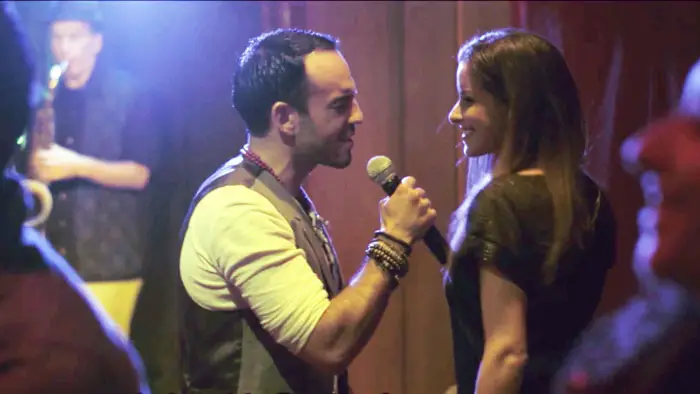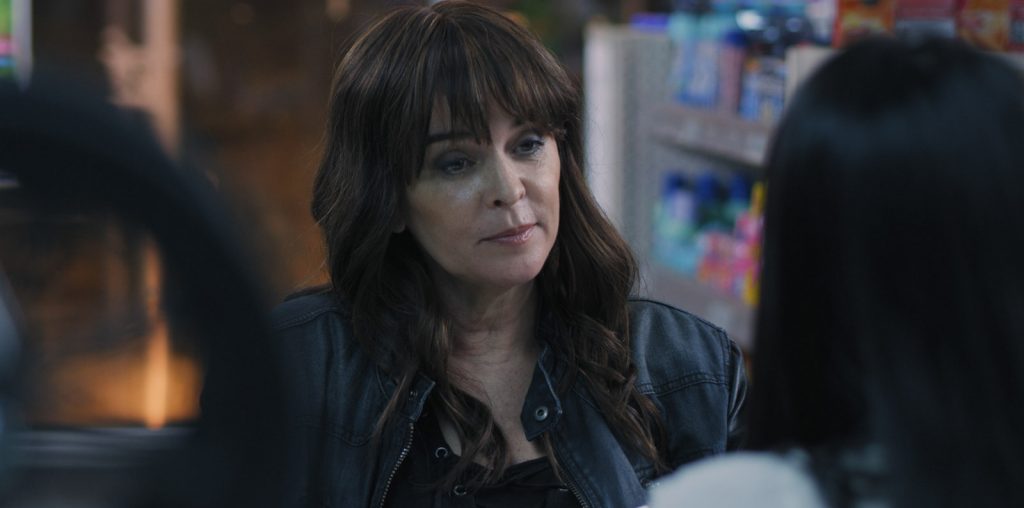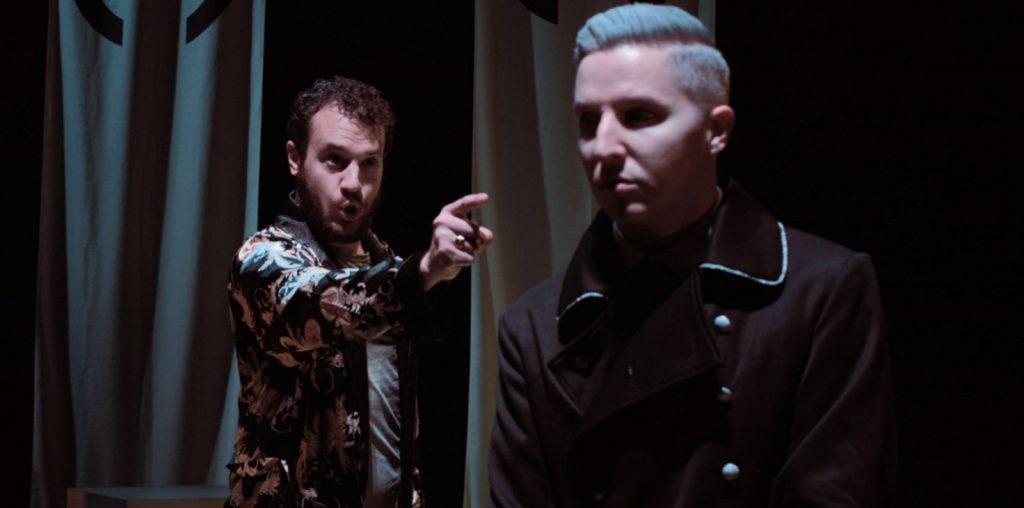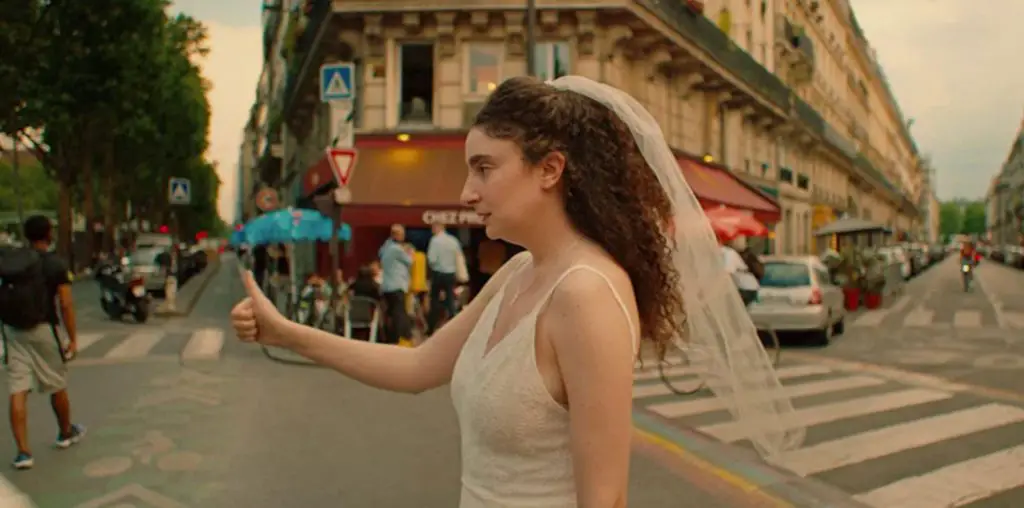
In its earliest incarnation, Rumba was initially used as a synonym for party — a connection that is not lost on the makers of Rumba Love. Despite its slight story and tiny budget, the music that pulses through the heart of the film buoys it above its limitations.
Musician Nico (director/star Guillermo Iván) has been bouncing between his native New Jersey home and his Cuban birthplace. His life is rudderless after losing Celso (Osvaldo de Léon), his best friend and musical mentor. While in Cuba trying to find a proper spot to dispose of his friend’s ashes, he encounters a music producer from the Big Apple who promises him a gig back in New York.
Desperate to find his groove again, Nico takes him up on the offer. He sees the trip as a potential to reconnect with his music and as an opportunity to visit with Celso’s ex-wife, who is working as a waitress in the city. Unfortunately, once in New York, Nico finds the producer sold him a bill of goods, and his reunion with his friend’s wife does not go as smoothly as envisioned. Directionless and without a place to stay, Nico spends the evening in the park where he encounters a homeless man who takes all his belongings, including his backpack with his friend’s ashes.

“…sees the trip as a potential to reconnect with his music…”
In his mad scramble to retrieve them, he meanders into a neighborhood jazz joint called The Blue Bird. As fate would have it, it was the very same club where Celso longed to perform before his death. Nico recounts Celso’s story to the club’s owner Jim (Ed Trucco), who is touched by Nico’s tale and offers him a chance to perform.
And that is where Rumba Love really finds its lane and breathes to life. Prior to this, its somewhat anemic plot is compensated by its dedication to its cinematic craft and musical origins. Despite his impediments as a writer in this film, Iván has undeniable skills both in front of and behind the camera. Swooping establishing shots, barrages of close-ups bathed in earth-tone hues, and an affinity for its settings, the film has the luster of a film three times its budget.
Additionally, Iván cast the film with several actors who have appeared in many of his prior productions. The rapport they share anchors the film with natural authenticity that atones for some of the script’s more melodramatic tendencies.
The multi-hyphenate Iván even co-wrote much of the film’s musical numbers, sung by New York-based vocalist/percussionist Jainardo Batista. Several Cuban-infused numbers echo in the background, helping Rumba Love stay true to its titular music’s festive origins. The result is a film that feels inspired by the sound to which it pays homage and has the confidence in craft to deliver.

"…inspired by the sound to which it pays homage and has the confidence in craft to deliver. "



[…] post Rumba Love first appeared on Film […]